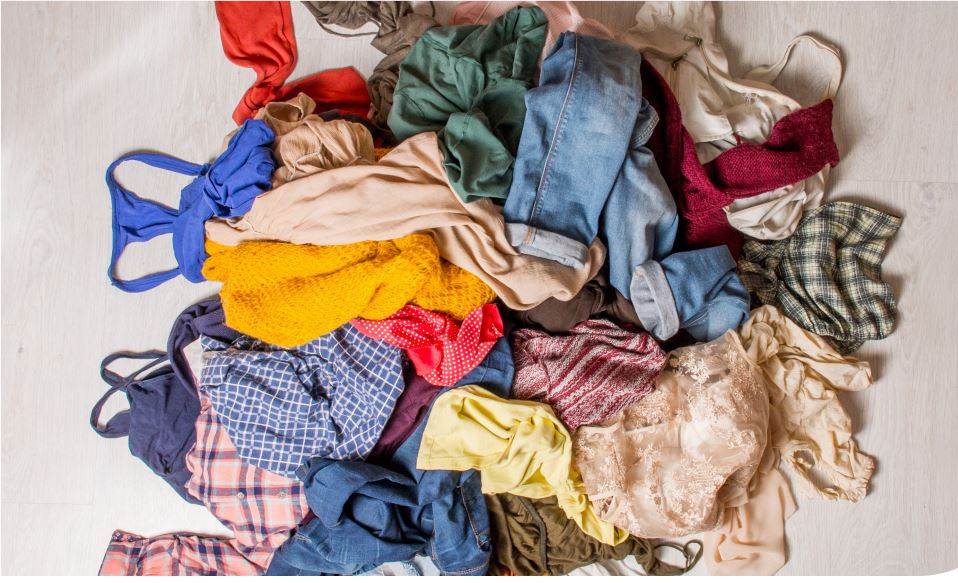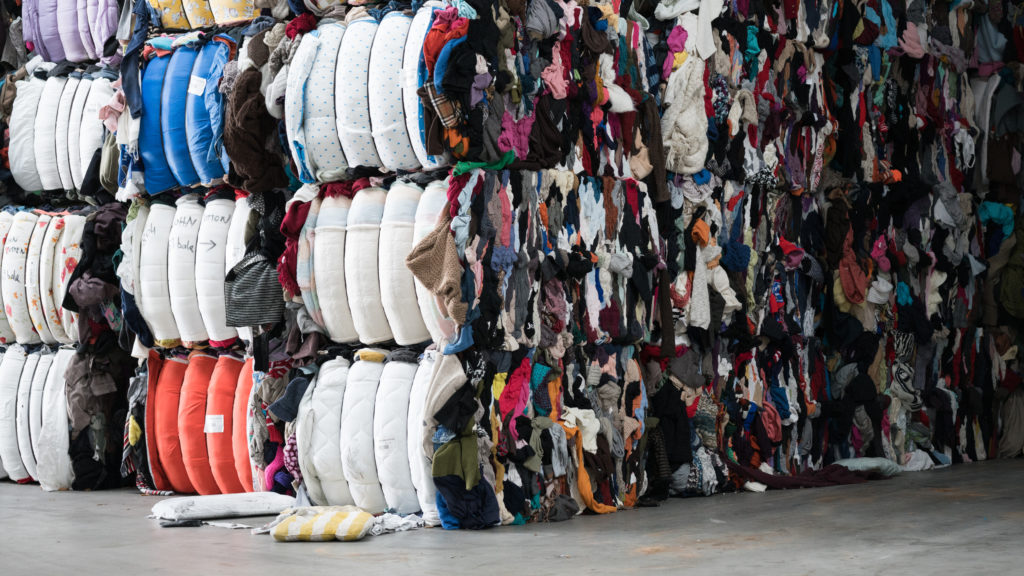Speaking to letsrecycle.com yesterday (Nov 23), West Bromwich-based BCR Global Textiles said that schemes in which clothes are mixed with and contaminated by other materials are less effective than long-established textile banks.
” Even wiper companies don't want material contaminated with food waste and unless you have a facility to dry wet clothes they breed mould and create a health hazard. “
– Jenny Yates, BCR Global Textiles
The recycling company called on councils to provide residents with plastic bags for textiles and provide careful instructions on their contents.
Bags should then be sealed until their delivery to recyclers, to contain or prevent possible contamination, it said.
Jenny Yates, contracts manager, said: “If councils want to collect textiles they should talk to the Textile Recycling Association and its members to get pointers. We're more than happy to get involved and it is in all of our interests to get the best quality textiles we can. For instance, having a dedicated container for textiles on collections vehicles rather than silage bins that are used for different materials and contaminate the clothes.”
BCR
At the West Bromwich site, BCR Global Textiles sorts 160 tonnes of textiles a week from banks and local authority contracts into 70 grades, for export to Africa, Eastern Europe, India, Italy and Holland. Of this, 7% has to be sent to landfill.
Ms Yates said: “Anything wet or contaminated has to go to landfill. Even wiper companies don't want material contaminated with food waste and unless you have a facility to dry wet clothes they breed mould and create a health hazard.”
The BCR contracts manager added that authorities which collected textiles in with glass collections were creating a health and safety risk to textile recyclers.
She said: “We can't hand sort the material due to risk from shards of glass, and any with broken glass has to be sent straight to landfill.”
| Related links: |
Reuse
Under the waste hierarchy, BCR stressed that reduction and reuse was always better than recycling, especially for materials which have a greater value for re-use.
Ms Yates said: “Councils need to understand the importance of reuse for textiles. Why waste energy and money recycling when with minimal energy you can renew clothes? With a little bit more thought councils will get far more tonnage not contaminated and we can avoid this material being waste.”










Subscribe for free